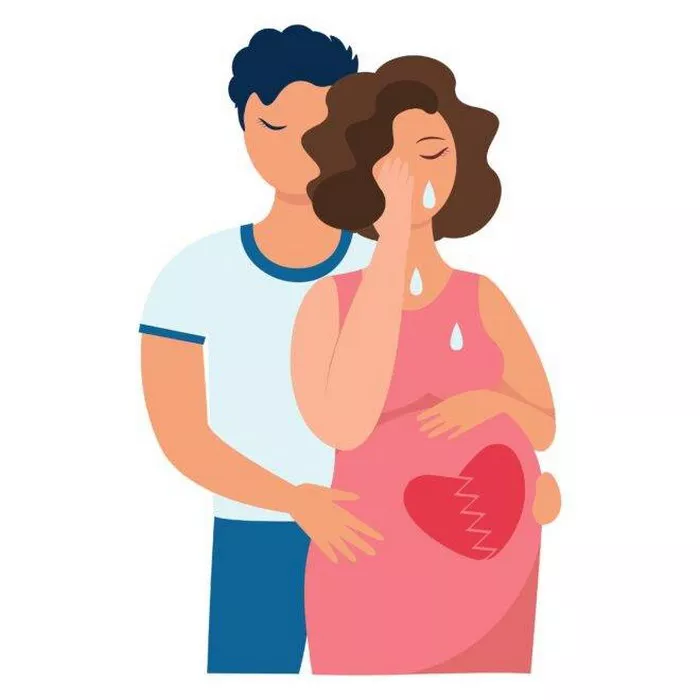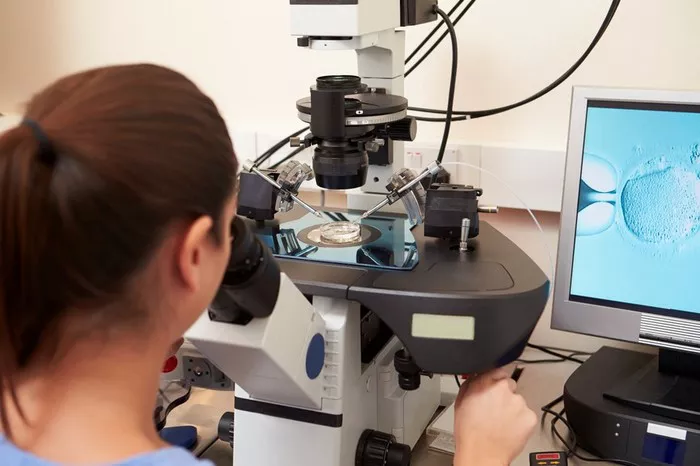Experiencing a miscarriage can be a deeply traumatic and emotional event for anyone hoping to start or expand their family. Beyond the immediate grief and loss, many couples find themselves facing unexpected challenges when trying to conceive again. In this article, we’ll explore the medical, emotional, and practical aspects of why it can be difficult to get pregnant after a miscarriage, and offer guidance on how to navigate this journey with hope and resilience.
Understanding Miscarriage: Causes, Commonality, and Misconceptions
Miscarriage, defined as the loss of a pregnancy before 20 weeks gestation, is unfortunately more common than many people realize. Studies suggest that up to 20% of known pregnancies end in miscarriage, with the actual rate possibly higher due to early miscarriages that occur before a woman is aware she is pregnant. Causes of miscarriage vary and can include genetic abnormalities, hormonal imbalances, uterine abnormalities, and maternal health factors such as diabetes or thyroid disorders. Despite the prevalence of miscarriage, misconceptions and stigma surrounding it persist, contributing to feelings of isolation and shame for those who experience it.
Physical Recovery: Time Needed for Healing and Readiness for Pregnancy
After a miscarriage, the body undergoes a process of physical recovery that is unique to each individual. The time needed for healing can vary depending on factors such as the gestational age of the pregnancy, any medical interventions required during or after the miscarriage, and individual health considerations. In general, healthcare providers recommend waiting at least one menstrual cycle before attempting to conceive again to allow the body time to heal and the uterus to return to its pre-pregnancy state. However, this timeline may vary based on individual circumstances, and it’s essential to consult with a healthcare provider to determine readiness for another pregnancy.
Emotional Impact: Coping with Loss, Grief, and Fear of Future Pregnancies
The emotional toll of miscarriage can be profound and long-lasting. Grieving the loss of a pregnancy is a complex process that may involve feelings of sadness, guilt, anger, and anxiety about the future. Many individuals also experience fear and uncertainty about the possibility of experiencing another miscarriage in subsequent pregnancies. It’s essential for those navigating this experience to seek support from loved ones, mental health professionals, or support groups who can provide validation, empathy, and coping strategies for managing grief and anxiety.
Fertility After Miscarriage: Changes in Fertility, Ovulation Patterns, and Hormone Levels
One of the most significant concerns for individuals trying to conceive after a miscarriage is whether their fertility has been affected. While the majority of people will go on to have successful pregnancies after experiencing a miscarriage, it’s normal for fertility to fluctuate in the months following a loss. Hormonal changes, including fluctuations in estrogen and progesterone levels, can impact ovulation patterns and the timing of fertile windows. Additionally, the emotional stress of a miscarriage can also affect reproductive hormones and menstrual cycles. It’s essential to be patient with your body during this time of transition and to communicate openly with your healthcare provider about any concerns regarding fertility.
Trying Again: Optimal Timing, Monitoring Ovulation, and Lifestyle Factors
When deciding to try for another pregnancy after a miscarriage, timing is crucial. Tracking ovulation using methods such as basal body temperature charting, ovulation predictor kits, or fertility awareness methods can help identify the most fertile days of your cycle. Couples are often encouraged to have regular, unprotected intercourse during this fertile window to maximize the chances of conception. Additionally, lifestyle factors such as maintaining a healthy weight, eating a balanced diet, managing stress, and avoiding tobacco, alcohol, and illicit drugs can positively impact fertility and overall reproductive health.
Medical Assistance: When to Consult Healthcare Providers and the Role of Fertility Treatments
If conception does not occur after several months of trying, or if there are concerns about fertility, it may be time to consult with a healthcare provider specializing in reproductive health. Fertility evaluations may include assessments of ovulation, hormone levels, and uterine health, as well as semen analysis for male partners. Depending on the findings, interventions such as ovulation induction with medications, intrauterine insemination (IUI), or in vitro fertilization (IVF) may be recommended to assist with conception. It’s essential to approach fertility treatments with realistic expectations and to discuss the potential risks, benefits, and costs with your healthcare provider.
Success Stories: Sharing Positive Outcomes to Provide Hope and Encouragement
While the journey to conception after miscarriage can be challenging, it’s important to remember that many individuals go on to have successful pregnancies and healthy babies. Hearing stories of resilience and hope from others who have navigated similar challenges can provide encouragement and inspiration along the way. Whether through online support groups, personal connections, or professional counseling, finding a community of people who understand and validate your experiences can make all the difference in maintaining hope and perseverance on the path to parenthood.
Conclusion: Navigating the Journey With Compassion and Resilience
Getting pregnant after a miscarriage can be a complex and emotional journey, fraught with both medical and psychological challenges. By understanding the physical and emotional aspects of miscarriage, seeking support from healthcare providers and loved ones, and exploring options for fertility assistance when needed, individuals and couples can approach this journey with compassion, resilience, and hope for the future. Remember, you are not alone, and there is support and guidance available to help you navigate this path towards building your family.
























